

Articles
How To Store Vitamins In Hot Weather
Modified: September 2, 2024
Learn the best methods for storing vitamins in hot weather. Read our informative articles to ensure your vitamins stay fresh and potent, even in the heat.
(Many of the links in this article redirect to a specific reviewed product. Your purchase of these products through affiliate links helps to generate commission for Storables.com, at no extra cost. Learn more)
Introduction
Vitamins are essential nutrients that play a crucial role in maintaining our overall health and well-being. They are needed in small amounts, but their benefits are significant. Whether it’s Vitamin C for immune support, Vitamin D for bone health, or Vitamin E for antioxidant protection, incorporating these nutrients into our daily routine is vital.
However, the effectiveness of vitamins can be compromised, especially in hot weather conditions. Exposing vitamins to high temperatures can lead to degradation and loss of potency, making them less effective or even completely ineffective. That’s why it’s important to understand how to properly store vitamins in hot weather to preserve their quality and ensure their effectiveness.
In this article, we will explore the factors that contribute to vitamin stability in hot weather and provide practical tips on how to store and protect your vitamins in such conditions. So let’s dive in and discover the best practices for storing vitamins during scorching summer months, tropical vacations, or any other situation where heat can be a concern.
Key Takeaways:
- Proper storage of vitamins in hot weather is crucial to maintain their stability, potency, and effectiveness. Understanding the impact of heat, humidity, and light exposure is essential for maximizing the benefits of your supplements.
- When traveling in hot weather, take extra precautions to keep your vitamins cool, avoid direct sunlight, and use individual pill cases or coolers. Planning ahead and following storage guidelines will ensure your vitamins remain potent and effective throughout your journey.
Read more: How To Store Gummy Vitamins
Understanding Vitamin Stability
Vitamins are organic compounds that are sensitive to various environmental factors, including temperature, humidity, light, and oxygen. When exposed to unfavorable conditions, vitamins can undergo chemical reactions that cause them to degrade, lose potency, and potentially become ineffective.
Each vitamin has its own unique characteristics and stability profile. Some vitamins, like Vitamin C and the B vitamins, are water-soluble and more prone to degradation when exposed to heat and moisture. On the other hand, fat-soluble vitamins like Vitamins A, D, E, and K are more stable and less affected by temperature variations.
Heat is one of the most significant factors that can impact the stability of vitamins. When exposed to high temperatures, vitamins can undergo oxidation and other chemical reactions that break down their molecular structure. This can lead to a significant loss of potency and render the vitamin ineffective.
It’s important to note that the degree of vitamin degradation can vary depending on the specific vitamin, the temperature, and the duration of exposure. For example, studies have shown that Vitamin C can degrade significantly when exposed to temperatures above 70 degrees Fahrenheit (21 degrees Celsius) for an extended period. On the other hand, fat-soluble vitamins may retain their potency longer in higher temperatures, but they can still be affected over time.
Therefore, understanding the stability of vitamins and how they can be affected by heat is crucial for ensuring the efficacy of your supplements. By implementing proper storage techniques, you can minimize the degradation and maximize the shelf life of your vitamins, even in hot weather conditions.
Importance of Storing Vitamins Properly
Proper storage of vitamins is essential to maintain their potency and effectiveness. When you invest in high-quality supplements, you want to ensure that you are getting the maximum benefit from them. Here are a few reasons why storing vitamins properly is so important:
1. Preserve Nutritional Value: Vitamins are packed with essential nutrients that our bodies need. However, improper storage can lead to nutrient loss, making the vitamins less effective. By storing them correctly, you can preserve their nutritional value and ensure you are getting the intended benefits.
2. Avoid Degradation: Heat, humidity, and exposure to light can cause vitamins to degrade over time. This degradation can lead to a decrease in the vitamin’s potency and effectiveness. By storing vitamins properly, you can minimize degradation and ensure that they retain their potency.
3. Save Money: Proper storage not only preserves the effectiveness of vitamins but also extends their shelf life. When you store vitamins correctly, you can avoid the need to replace them frequently, saving you money in the long run.
4. Maintain Safety: Storing vitamins improperly can lead to safety concerns. For instance, moisture can cause vitamins to clump together or promote the growth of mold or bacteria. By storing them in a dry and cool environment, you can reduce these risks and ensure the safety of your supplements.
5. Promote Longevity: By storing your vitamins properly, you can extend their shelf life and ensure that they remain effective for a longer period. This allows you to use them at your desired pace without worrying about their quality diminishing over time.
Properly storing your vitamins is a simple yet effective way to maximize their potency and ensure that you are reaping the full benefits of these essential nutrients.
Factors to Consider in Hot Weather Storage
When it comes to storing vitamins in hot weather, there are several important factors to consider to maintain their stability and effectiveness. Here are the key factors to keep in mind:
1. Temperature: High temperatures can significantly impact the stability of vitamins. The hotter it gets, the faster the degradation process occurs. It’s crucial to keep vitamins away from extreme heat sources, such as direct sunlight and heat-emitting appliances like stoves and ovens.
2. Humidity: Excessive humidity can lead to moisture absorption, potentially compromising the quality of vitamins. Store vitamins in a cool, dry place to prevent moisture build-up and protect against degradation.
3. Light Exposure: Both natural and artificial light sources can contribute to vitamin degradation. Ultraviolet (UV) rays, in particular, can break down vitamins and reduce their potency. Store your vitamins in opaque containers or dark cabinets to shield them from light exposure.
4. Air Exposure: Oxygen can also contribute to vitamin degradation, especially for oxygen-sensitive vitamins like Vitamin C. Ensure that vitamin containers are tightly sealed to minimize exposure to air and prevent oxidation.
5. Container Quality: The quality of the storage containers plays a crucial role in maintaining the stability of vitamins. Choose containers made of materials that are resistant to moisture, light, and oxygen. Amber glass bottles or opaque plastic containers are good options for protecting vitamins from deteriorating factors.
6. Expiration Dates: Check the expiration dates of your vitamins before storing them in hot weather. Expired vitamins may have reduced potency or become ineffective. Discard any expired supplements and replace them with fresh ones.
7. Travel Considerations: If you are traveling in hot weather, take extra precautions to ensure the proper storage of your vitamins. Consider carrying a small cooler or insulated bag to protect them from extreme heat. Avoid leaving vitamins in a hot car or exposed to direct sunlight for extended periods.
By considering these factors and implementing the appropriate storage measures, you can safeguard the potency and effectiveness of your vitamins, even in hot weather conditions.
Ideal Temperature for Vitamin Storage in Hot Weather
Choosing the right temperature for storing vitamins in hot weather is crucial to maintain their stability and efficacy. While the ideal temperature may vary slightly depending on the specific vitamin, a general guideline is to store vitamins in a cool and dry environment.
The recommended temperature range for storing most vitamins is between 59 to 77 degrees Fahrenheit (15 to 25 degrees Celsius). It is important to avoid extreme temperatures, both hot and cold, as they can impact the quality and potency of the vitamins.
Here are a few tips to help you maintain the ideal temperature for vitamin storage in hot weather:
1. Find a Cool Storage Spot: Identify a location in your home that remains relatively cool throughout the day. A pantry or a cabinet away from direct sunlight and heat-emitting appliances (e.g., ovens, stoves) is an ideal choice.
2. Avoid the Kitchen: While it may seem convenient, storing vitamins in the kitchen is not recommended due to the potential temperature fluctuations and humidity caused by cooking activities. Opt for a cooler and more stable area of your home instead.
3. Consider Refrigeration: Refrigeration can be an effective option for storing vitamins, especially in exceptionally hot weather. However, before refrigerating your vitamins, make sure to check the manufacturer’s instructions and the label on the packaging. Some vitamins may have specific storage recommendations that advise against refrigeration.
4. Monitor Room Temperature: Use a thermometer to regularly monitor the temperature in the storage area. Check for any significant fluctuations or prolonged periods of high temperatures. If needed, consider using a fan or air conditioning to maintain a cooler environment.
5. Avoid Freezing: While refrigeration is suitable for some vitamins, freezing is generally not recommended. Freezing can cause moisture condensation when vitamins are exposed to warmer temperatures, potentially compromising their quality and effectiveness.
Remember, maintaining the ideal temperature for vitamin storage is essential to preserve their potency and ensure maximum efficacy. By following these guidelines, you can help extend the shelf life of your vitamins and continue to reap their health benefits, even in hot weather conditions.
Store vitamins in a cool, dry place away from direct sunlight and heat sources, such as the kitchen or bathroom. Consider using a refrigerator to maintain their potency in hot weather.
Read more: How To Organize Vitamins
Proper Packaging for Vitamin Storage
The packaging you choose for storing your vitamins plays a crucial role in maintaining their quality and effectiveness. Proper packaging helps protect your vitamins from external factors such as light, moisture, and oxygen, which can contribute to degradation. Here are some guidelines for selecting the right packaging:
1. Opaque Containers: Choose storage containers made of opaque or dark-colored materials like amber glass or opaque plastic. These materials help block out light and prevent UV rays from degrading the vitamins. Avoid transparent or clear containers, as they allow light to penetrate and potentially harm the vitamins.
2. Tightly Sealed: Make sure the packaging has a secure and airtight seal. This helps minimize exposure to oxygen, which can contribute to vitamin degradation. An airtight seal also helps prevent moisture from entering the container, which can cause clumping or mold growth.
3. Individual Packaging: Consider individual packaging for each vitamin or supplement, especially if you use different vitamins at different times. This ensures that each vitamin remains isolated and protected, minimizing cross-contamination and preserving their individual potency.
4. Desiccant Packs: Including desiccant packs (small moisture-absorbing packets) in the vitamin containers can help absorb any moisture that may be present. This can be particularly useful in humid environments or during travel in hot weather.
5. Resealable Bags: For added protection, you can place vitamin bottles or individual tablets in resealable plastic bags before storing them in the main container. This provides an extra layer of protection against moisture and helps maintain the freshness of the vitamins.
6. Keep Original Packaging: If the vitamins come in packaging specifically designed for their stability, such as blister packs or foil pouches, it’s best to keep them in their original packaging. These packaging formats are often designed to provide optimal protection against moisture, light, and air exposure.
By choosing the right packaging, you can help prolong the shelf life of your vitamins and ensure that they remain potent and effective until their expiration date. Remember to store the packaged vitamins in a cool and dry place, away from direct sunlight and other factors that can compromise their quality.
Avoiding Direct Sunlight
Exposure to direct sunlight can have a detrimental effect on the stability and potency of vitamins. The ultraviolet (UV) rays from the sun can break down the molecular structure of vitamins, leading to degradation and reduced effectiveness. Here are some important tips for avoiding direct sunlight when storing your vitamins:
1. Choose a Storage Location: Select a storage location that is away from windows or any areas where sunlight directly enters. Ideally, find a cool and dark place in your home that is shielded from sunlight, such as a pantry or a cabinet.
2. Use Opaque Containers: As mentioned earlier, store your vitamins in opaque containers made of amber glass or opaque plastic. These materials help block out sunlight and prevent harmful UV rays from reaching the vitamins. Avoid transparent or clear containers, as they provide less protection against sunlight exposure.
3. Avoid Countertop Displays: It might be tempting to display your vitamins on the kitchen counter or a windowsill for easy access. However, this exposes them to constant sunlight, which can lead to degradation. Keep your vitamins stored in a cabinet or drawer to protect them from direct sunlight.
4. Consider Drawer Inserts: If your storage area doesn’t provide sufficient protection against sunlight, consider using drawer inserts or dividers to create a darker space within the cabinet or drawer. This allows you to keep the vitamins organized while ensuring they are shielded from harmful UV rays.
5. Keep Supplements in a Bag: When traveling or carrying vitamins with you, store them in a bag or container that blocks out light. This can be a small pouch or a travel case specifically designed for supplement storage. It provides an extra layer of protection against sunlight exposure.
6. Avoid Car Storage: It’s important to never leave vitamins in a car, especially during hot weather. Cars can become extremely hot, and the direct sunlight through the windows can accelerate the degradation process. Always carry your vitamins with you or store them in a cool bag when on the go.
By taking precautions to avoid direct sunlight, you can help preserve the stability and effectiveness of your vitamins. Remember, protecting them from UV rays is crucial for maintaining their potency and maximizing their benefits for your health and well-being.
Refrigeration as a Storage Option
Refrigeration can be a viable storage option for certain vitamins, especially in hot weather conditions. However, it’s important to note that not all vitamins benefit from refrigeration, and some may even be negatively affected by it. Here’s what you need to know about using refrigeration as a storage option for your vitamins:
1. Check Manufacturer’s Guidelines: Before refrigerating your vitamins, always check the manufacturer’s instructions and recommendations on the packaging. Some vitamins may specifically advise against refrigeration due to potential degradation or other issues.
2. Fat-Soluble Vitamins: Fat-soluble vitamins, such as Vitamins A, D, E, and K, are generally more stable and less prone to degradation in higher temperatures. However, refrigerating these vitamins can help extend their shelf life, especially in hot weather. The cool temperature of the fridge can slow down the degradation process and keep them fresher for longer.
3. Water-Soluble Vitamins: Water-soluble vitamins, including Vitamin C and the B vitamins, can be more sensitive to temperature changes. While refrigeration may help preserve the stability of water-soluble vitamins, it’s not necessary unless specified by the manufacturer. In fact, some water-soluble vitamins may experience moisture condensation when taken out of the fridge, leading to reduced quality or clumping.
4. Proper Storage Conditions: If you choose to store vitamins in the refrigerator, ensure they are properly sealed in airtight containers or their original packaging. This helps prevent moisture absorption and cross-contamination with other foods or strong odors in the fridge.
5. Separate from Fresh Foods: Keep your vitamins separate from fresh produce or other perishable items in the refrigerator. This helps minimize the risk of cross-contamination or exposure to volatile compounds that could affect the vitamins’ quality.
6. Allow for Temperature Stabilization: When taking out refrigerated vitamins, allow them to come to room temperature before opening the container. This helps prevent condensation and moisture buildup that can compromise their quality.
7. Consider Traveling: If you are traveling and need to keep your vitamins cool, consider using a small cooler or an insulated bag with ice packs. This can help maintain a cooler temperature while on the go without the need for constant refrigeration.
Remember, refrigeration is an option for some vitamins, but it’s important to follow the manufacturer’s guidelines and consider the specific requirements of each vitamin. If in doubt, consult with a healthcare professional or pharmacist for personalized advice regarding the storage of your vitamins.
Tips for Traveling with Vitamins in Hot Weather
Traveling in hot weather can present challenges when it comes to preserving the quality and effectiveness of your vitamins. However, with proper planning and precautions, you can ensure that your vitamins remain intact and potent throughout your journey. Here are some essential tips for traveling with vitamins in hot weather:
1. Keep Them Cool: Maintain the cool temperature of your vitamins by storing them in an insulated bag or a small cooler with ice packs. This helps protect them from excessive heat and helps maintain their stability.
2. Avoid Direct Sunlight: Protect your vitamins from direct sunlight by keeping them in a dark, opaque container or wrapping them in aluminum foil. This shields them from UV rays that can degrade their potency.
3. Avoid Excessive Heat Exposure: Avoid leaving your vitamins in hot environments, such as inside a parked car or in direct sunlight. Heat can accelerate the degradation process and may render the vitamins less effective.
4. Use Individual Pill Cases: Consider using individual pill cases or blister packs to pack your vitamins. This ensures that each dose remains separate and protected, minimizing the risk of cross-contamination and exposure to heat or moisture.
5. Carry a Small Cooler: If you’re traveling for an extended period or in particularly hot weather, consider carrying a small cooler with ice packs to keep your vitamins cool and avoid exposure to high temperatures.
6. Check the Manufacturer’s Recommendations: Review the manufacturer’s instructions on the packaging before traveling. Some vitamins may have specific recommendations for storage in hot weather, such as refrigeration or protection from heat sources.
7. Keep Them Dry: Moisture can be detrimental to the quality of vitamins. Ensure that your vitamins are kept in a dry environment to prevent moisture absorption or damage.
8. Prepare a Sufficient Supply: Estimate the duration of your trip and pack an ample supply of vitamins accordingly. It’s better to have more than less to avoid running out or having to purchase questionable quality supplements on the road.
9. Securely Seal Containers: Make sure that vitamin containers are tightly sealed to prevent any moisture ingress. This helps maintain their quality and prevents clumping or moisture-related issues.
Remember, it’s essential to stay informed and plan ahead when traveling with vitamins in hot weather. By taking these precautions, you can ensure that your vitamins remain potent and effective, no matter where your journey takes you.
Read more: How To Keep A Pantry Cool In Hot Weather
Conclusion
Properly storing vitamins in hot weather is crucial to maintain their stability, potency, and effectiveness. Heat, humidity, light, and other environmental factors can degrade vitamins, leading to a loss of nutritional value and potential ineffectiveness. By following the tips and guidelines outlined in this article, you can ensure that your vitamins remain fresh and potent, even in scorching temperatures.
Understanding the stability of vitamins and the impact of heat on their integrity is the first step towards proper storage. Different vitamins have distinct characteristics and may require specific storage conditions. While fat-soluble vitamins are generally more stable in higher temperatures, water-soluble vitamins are more susceptible to degradation.
Factors such as temperature, humidity, light exposure, and packaging quality are critical considerations in hot weather storage. Keeping vitamins in a cool, dry, and dark environment is essential to minimize degradation. Choosing opaque, airtight containers and avoiding direct sunlight can significantly protect vitamins from environmental factors.
Refrigeration can be an option for certain vitamins, but it’s important to check the manufacturer’s recommendations. Refrigeration can help extend the shelf life of vitamins in hot weather, particularly for fat-soluble vitamins. However, water-soluble vitamins may not benefit from refrigeration and could be negatively affected.
When traveling in hot weather, it’s important to take extra precautions. Keeping vitamins cool, avoiding direct sunlight and excessive heat exposure, and utilizing individual pill cases or coolers are essential for maintaining their potency during your journey.
In conclusion, proper storage of vitamins in hot weather is crucial for preserving their quality and effectiveness. By understanding the factors that impact vitamin stability, choosing appropriate packaging, and implementing the recommended storage techniques, you can ensure that your vitamins retain their nutritional value and provide the maximum health benefits. So, take care of your vitamins, keep them cool, and enjoy the benefits of a healthy and well-maintained supplement regimen, no matter how hot the weather gets.
Frequently Asked Questions about How To Store Vitamins In Hot Weather
Was this page helpful?
At Storables.com, we guarantee accurate and reliable information. Our content, validated by Expert Board Contributors, is crafted following stringent Editorial Policies. We're committed to providing you with well-researched, expert-backed insights for all your informational needs.
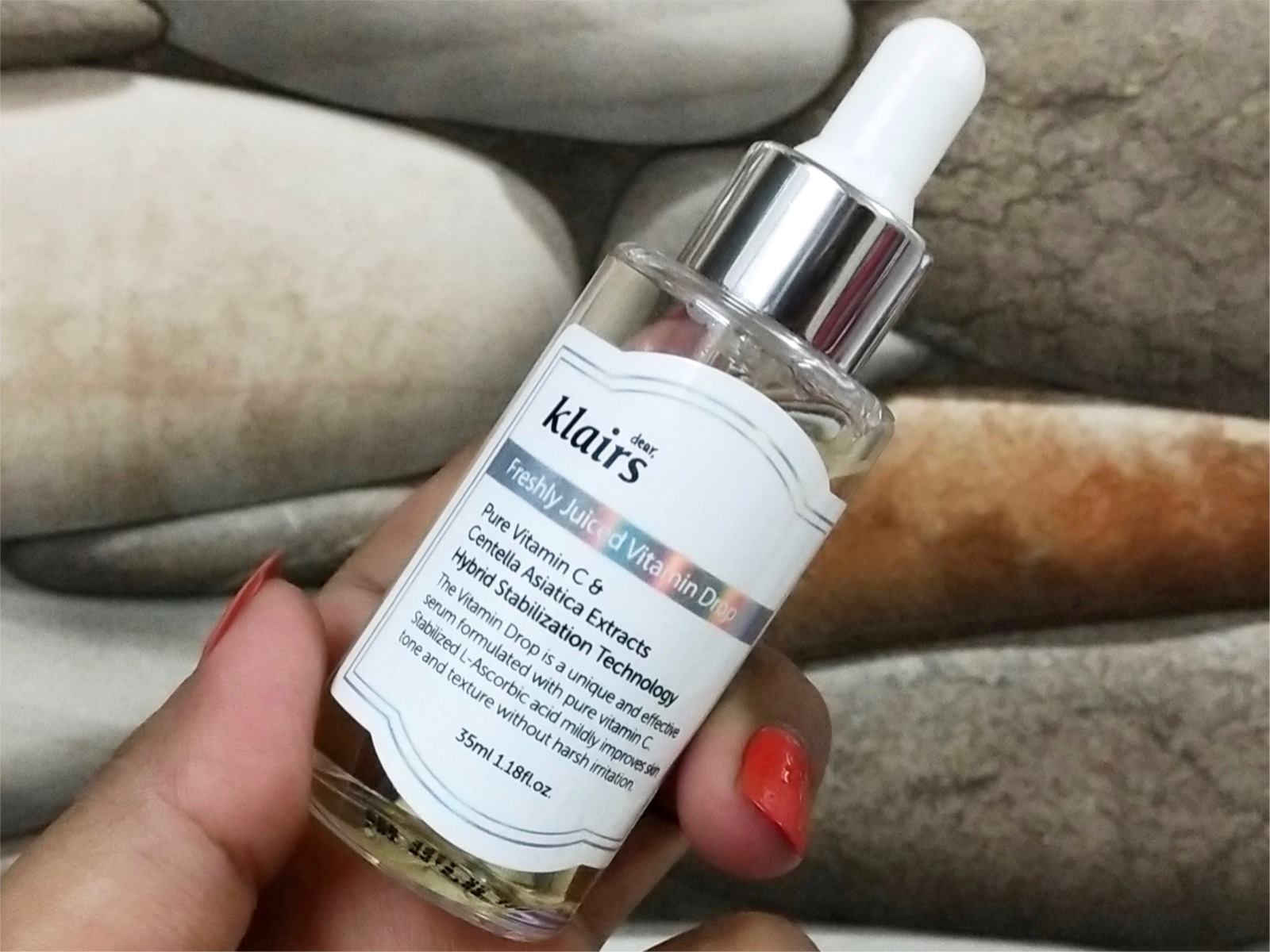



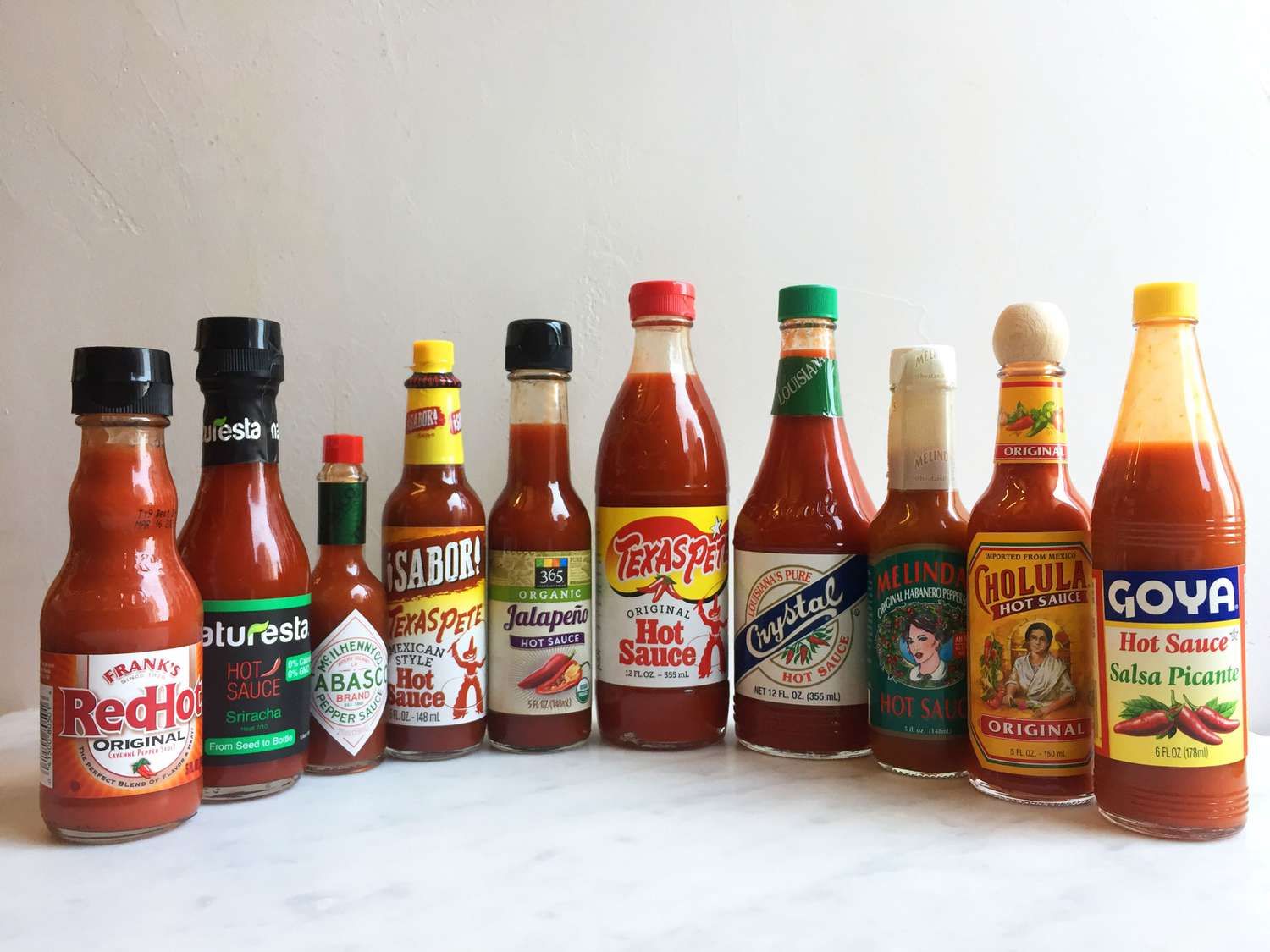
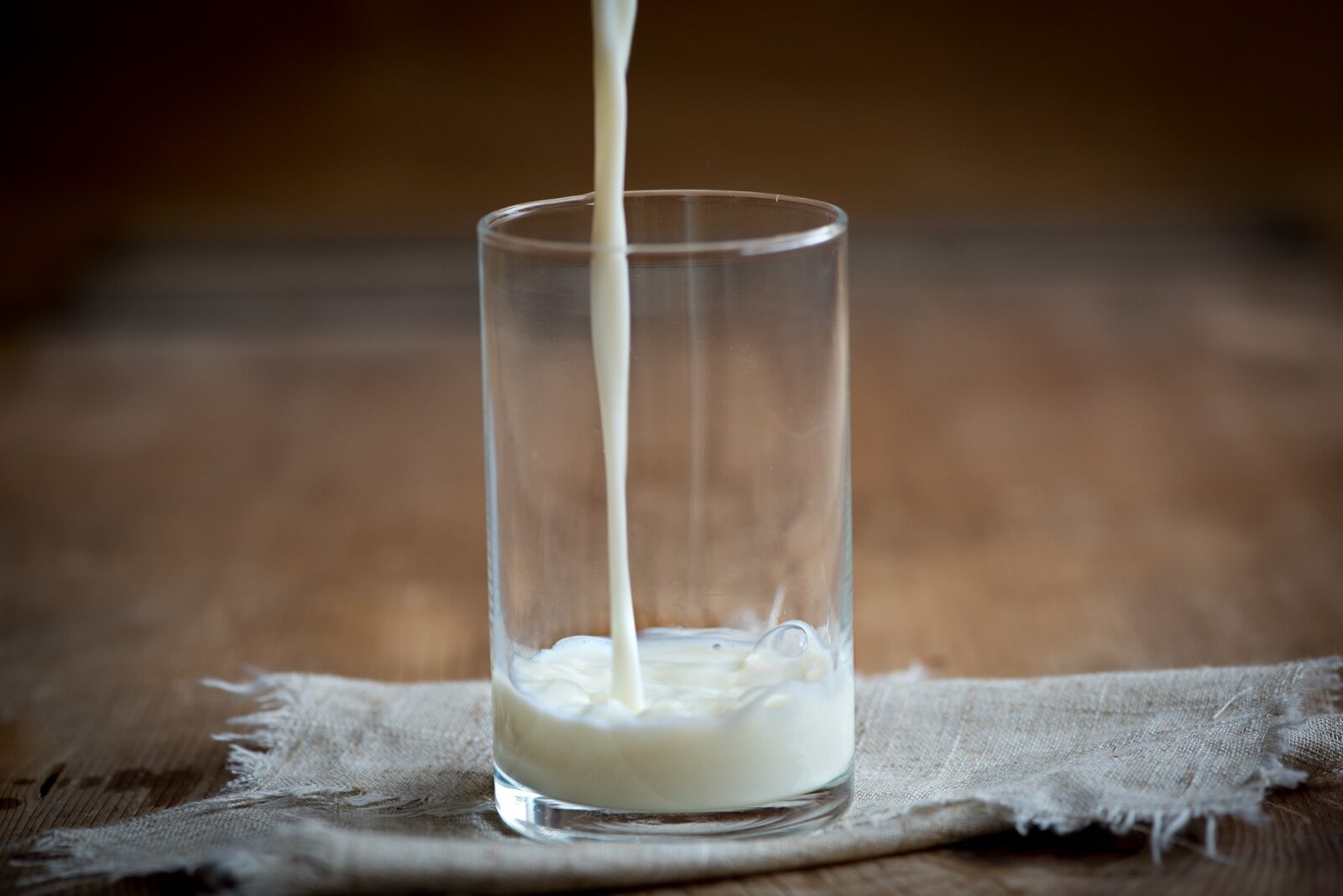


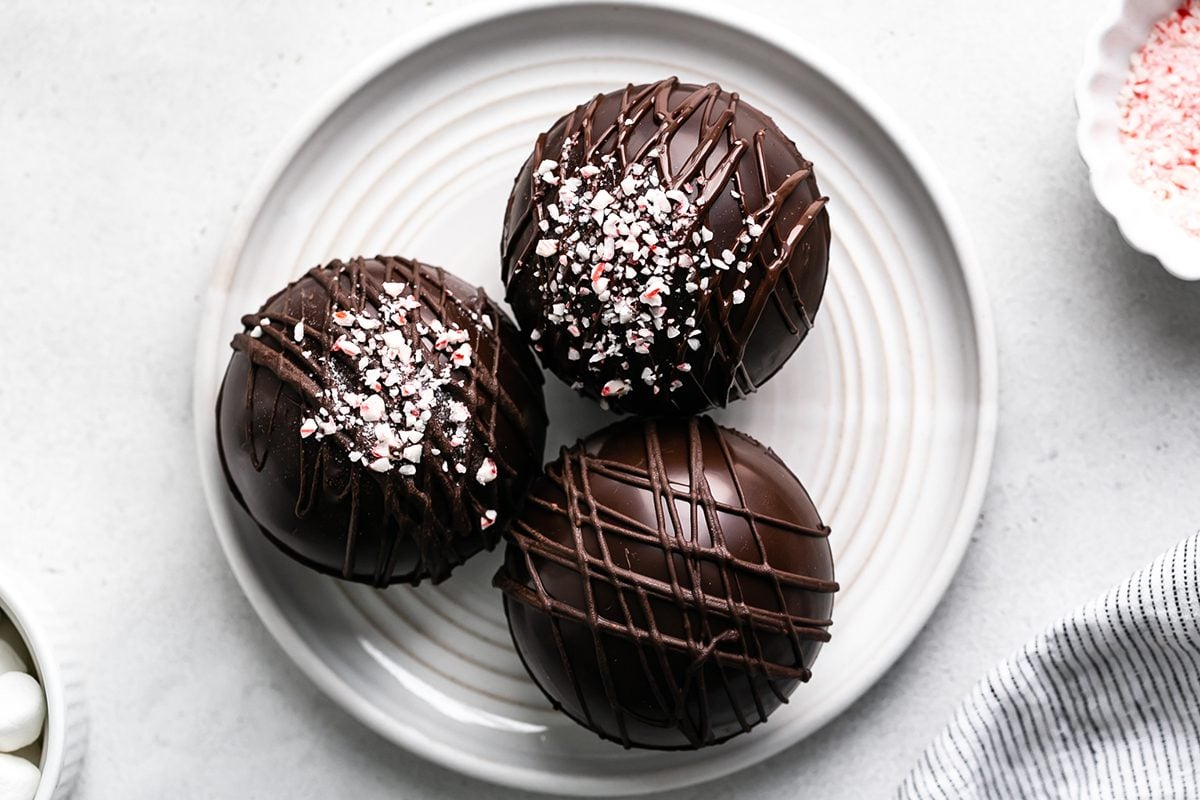



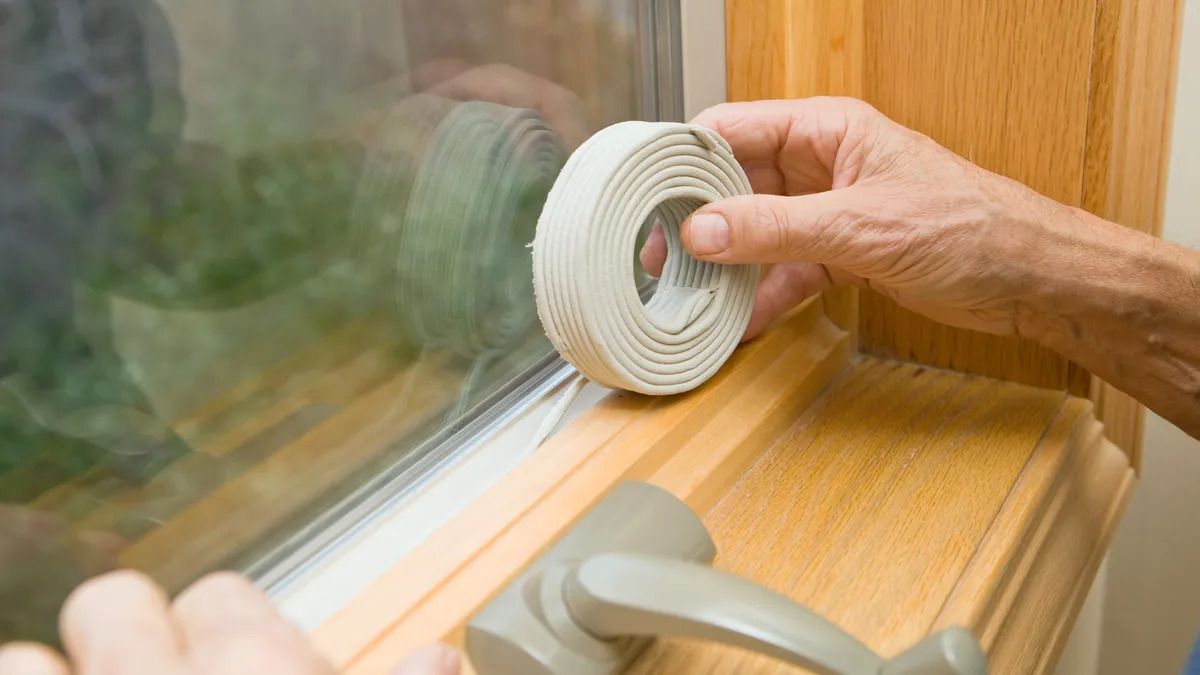

0 thoughts on “How To Store Vitamins In Hot Weather”